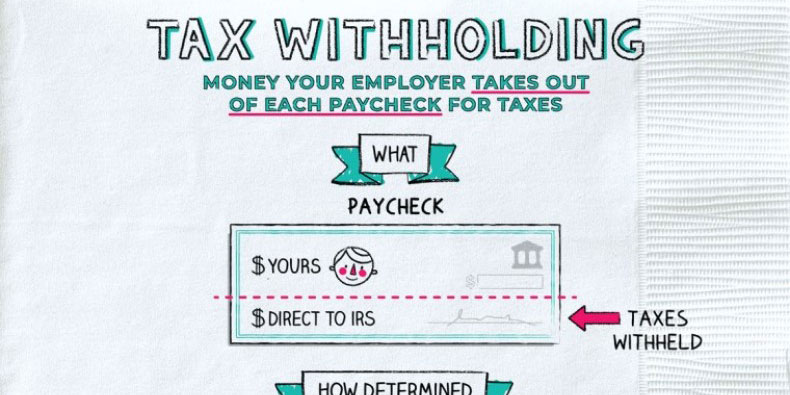The mortgage company keeps an impound account to collect insurance and tax payments that you must make to keep your house but are not part of the mortgage. Each type of insurance is broken down into monthly payments and added to your mortgage payment by the loan servicer.
Impoundment of Mortgage Loans
Low-down payment borrowers are seen as riskier by lenders. They are more likely to default on their mortgages if they have less equity in the house than if they have greater equity. Lenders require mortgage impound accounts in this scenario.
Local property tax authorities cannot foreclose on the property or place a lien on it in the event of nonpayment of property taxes through these accounts. In addition to protecting the mortgagee's collateral, an impound account ensures that homeowners insurance is paid, which helps prevent significant damage.
Optional Mortgage Impounds

An impound account may be an option at loan signing, even if your lender doesn't demand it. What do you think?
To keep your money safe, you can set up an impound account for your mortgage. A high-interest savings account is a better option for consumers who want to earn interest on the money stored in impound accounts, but not all states require loan servicers to pay interest on the monies held in these accounts.
Even if the mortgage company fails to pay your fees, such as property taxes and homeowners insurance, on time, you will still be responsible for the impound account. Homeowners must keep the due dates for these payments in mind, and they should keep an eye on their impound accounts.
In addition to protecting the mortgagee, an impound account can also benefit the borrower. With a little planning, you may avoid the sticker shock of significant payments once or twice a year and be confident that the money to pay those bills will be available when the time comes.
If you don't trust yourself to set aside money for property taxes and homeowners insurance and keep it untouched until the bills are due, an optional impound account might be a good idea.
Monitoring Your Impound Account
You should be able to see the balance in your impound account on your monthly mortgage statement, making it easy to keep track of it. In addition to federal requirements, mortgage servicers must evaluate borrowers' impound accounts annually to ensure that the correct amount of money is collected. The outcomes of this review should be made available to you in an annual report.
Your servicer can increase monthly impound payments when you owe more money than they are asking for or when the cost of insurance or taxes has gone up. As a result, if you have too much money in your account, your servicer must refund it to you and change your monthly payment amount to reflect that.
Considerations

A fixed-rate mortgage ensures that your monthly principal and interest payments remain the same throughout the loan term. However, your monthly payment to your impound account may rise as the cost of your home insurance and property taxes rises. If you know about these price hikes, you may plan accordingly.
Setting up impound accounts reduces the number of money borrowers can put aside for unforeseen expenses. If you stop making monthly mortgage payments, the servicer holds an additional amount in your impound account to continue making insurance and tax payments. You'll need to provide this security deposit when you apply for a loan.
Impound accounts can increase the money you need to buy a house in the first place and reduce the amount of money you can retain in a savings account under your control because of the beginning charges.
However, buyers don't have to keep an impound account for the rest of their lives. If you have 20 percent or more equity in your house, you can ask your servicer to remove the impound requirement.
Consequences of Having an Impound Account
In states where mortgage servicers aren't obligated to pay interest on an impound account, you don't have the option of earning interest on the money in the account. Additionally, a rise in insurance premiums and property taxes can increase your monthly mortgage payment if you don't have an impound account.
What Are the Advantages of an Impound Account?
There are many advantages to using an impound account, but the most important is that it forces you to save for your property taxes and homeowners insurance. You could lose your home if you don't keep a close eye on your savings and don't budget for them.
Bottom line
Mortgage impounds are a necessary evil for many people who own their homes. Loans for borrowers who can only afford small down payments could not be available without them. Understanding how impound accounts work, keeping a close eye on them, and getting rid of them whenever possible are the best ways to handle them.



